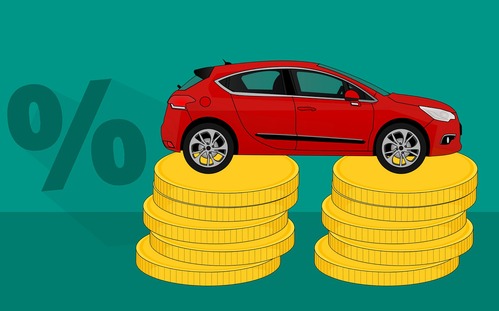Assistant Professor Feng Xiao: Analysis of the Welfare Effects of Tax Reform in China’s Automobile Market under Oligopoly

(picture source: pixabay)
(Correspondent: Feng Zhuoran) Recently, the paper “Analysis of the Welfare Effects of Tax Reform in China’s Automobile Market under Oligopoly”, co-authored by Assistant Professor Feng Xiao and Associate Professor Wang Chunan of the school of economics and management of Beihang University, was published in The Journal of World Economy, 4th issue of 2022.
This paper studies the impact of the import tax reform on social welfare under oligopoly within the context of China’s automobile market. The study finds that: (1) domestic cars, especially mid-range and luxury cars, have obvious tax advantages over imported cars; (2) moderate reduction of tariff, consumption tax and value-added tax on imported automobiles improves net social welfare, while complete abolition of import taxes and fees significantly reduces net social welfare; (3) from the heterogeneity perspective, when taxes and fees on imported cars decrease, as the grade of domestic cars increases, the more obvious the decrease in market share and profits becomes. In short, this paper demonstrates that under the oligopolistic market structure, appropriate import taxes and fees are conducive to weakening import competition and improving the country’s overall social welfare. Further, in the current context of intensive import competition, domestic cars, especially mid-range and luxury cars, must improve their quality and efficiency and be continuously innovated, thereby accelerating their transformation and upgrading.
Founded in 1978 and sponsored by China Society of World Economics and Institute of World Economics and Politics Chinese Academy of Social Sciences, The Journal of World Economy is one of China’s earliest journals of world economy. It is recognized as a top journal of economics by universities and research institutions in China.